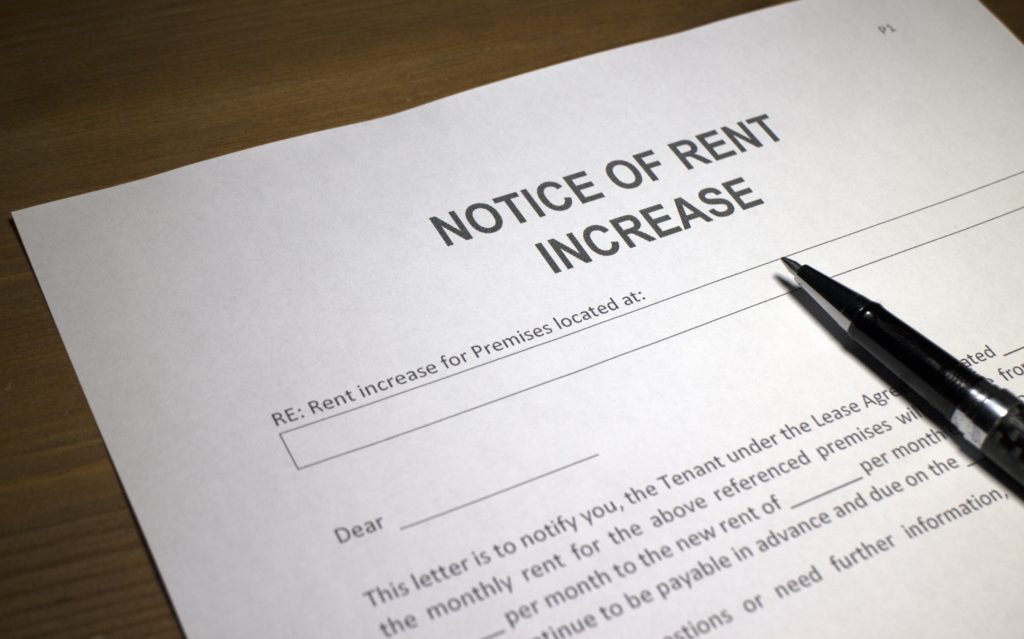The Trump Administration’s cuts to affordable housing just won’t work for people in poverty.
May 4, 2019

Not only does it provide a roof over one’s head, but it can also serve as a platform for people to access the supports they need to move out of poverty, such as education and employment.
Yet just months after delivering massive tax cuts to multinational corporations and multimillionaires, the Trump Administration has proposed legislation that would take housing away from the most vulnerable in our communities by making low-income households pay more in rent — even if they can’t afford it — and by imposing “work requirements” in a way that distorts the relationship between housing and work. During one of the worst affordable housing crises our country has ever seen, the “Making Affordable Housing Work” Act would increase poverty and homelessness, while undermining employment outcomes for working families.
Through a number of measures — including hiking rents, eliminating critical deductions for costly but essential medical and child care expenses, and narrowing exemptions available for elderly and disabled households — the legislation would raise rents on more than four million households, totaling $3.2 billion.
For the poorest households living on a fixed income, minimum rent would be tripled, even though their income remains the same. Meanwhile, working families, seniors, and people with disabilities would be forced to make the impossible decisions of choosing between making rent and treating a medical condition or sending their children to child care.
These sudden and drastic cuts would place many households at danger of being evicted and experiencing homelessness. Indeed, nearly 1 million children would be at risk of losing their homes as a result of the Trump Administration’s plan to “make affordable housing work.”
What’s more, HUD would be granted the authority to change rent structures without congressional approval, making future rent increases much more likely.
Like the Trump Administration’s broader push to expand work requirements in public assistance programs, this plan is predicated on the wrongheaded and racialized notion that low-income people won’t work unless forced to do so.
This ignores the fact that most public assistance recipients who can work already do, but do not make enough money to meet their most basic of needs — shelter. Research is clear that work requirements have failed to help connect struggling individuals to gainful employment — and they certainly don’t raise stagnant wages or increase opportunities for people to receive the training they need to land a good job. Instead, by taking away critical assistance, work requirements will only make it harder for households to find and maintain decent employment. In fact, under this proposal, working parents will be in a particular bind since they would no longer be able to deduct child care expenses from their income.
And even though these work requirements are only supposed to apply to non-elderly, non-disabled households, the Trump Administration’s proposed redefinition of “elderly family” and “disabled family” will nonetheless capture many seniors and persons with disabilities, leaving them especially vulnerable to losing their housing.
Rather than help people achieve financial security, the rent increases and work requirements that the Trump Administration wants to impose will only drive working families, the elderly, and people with disabilities deeper into poverty and instability.
Indeed, as millions of struggling households face an affordable housing crisis of historic proportion, the last thing our government officials should be doing is trying to cut federal housing assistance.
Shelter is not only a basic human need, it is also critical to people’s ability to pursue and attain economic stability.
Housing is fundamental to achieving economic stability, better health outcomes, and thriving families and communities.